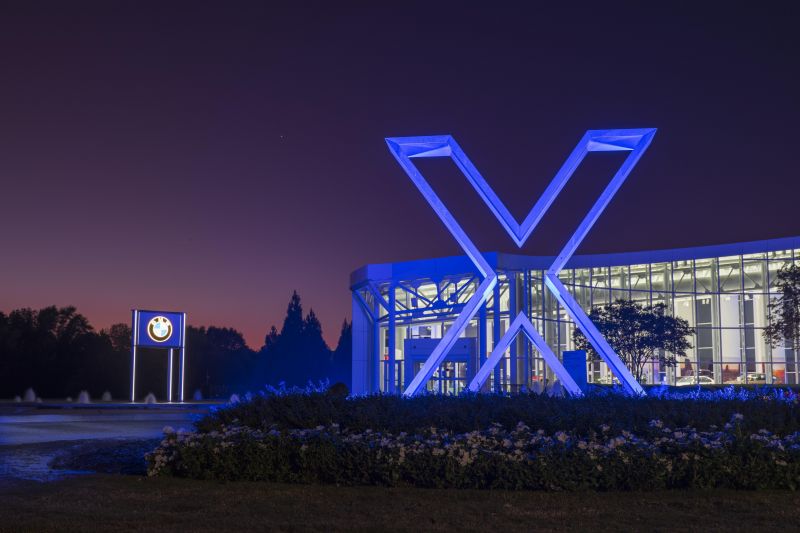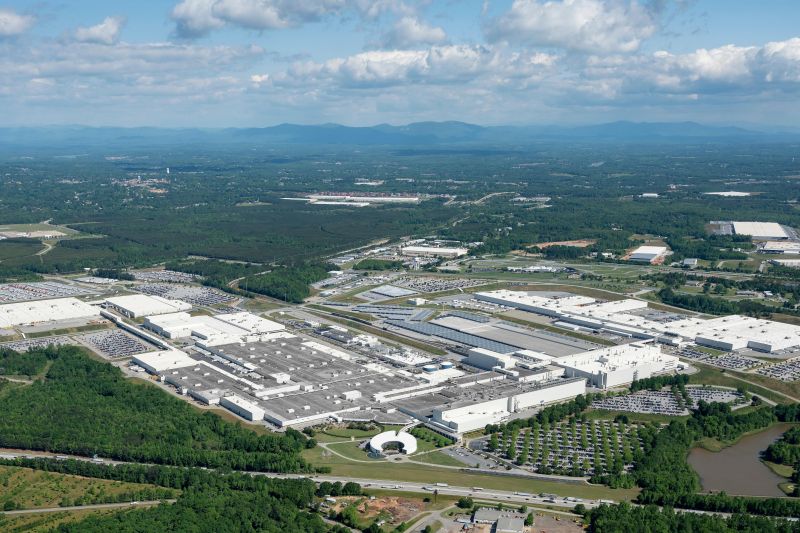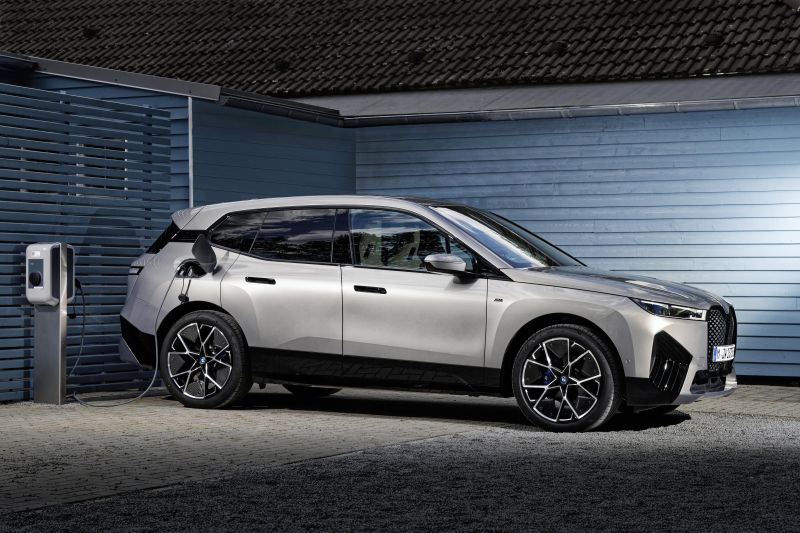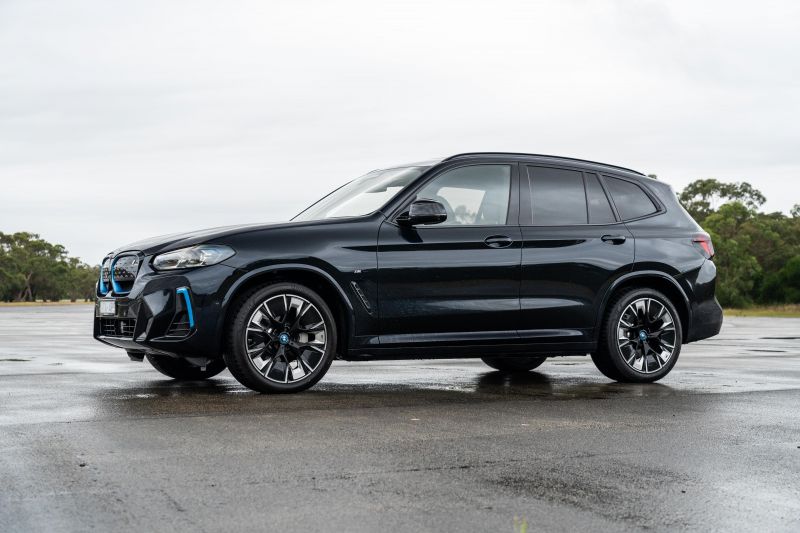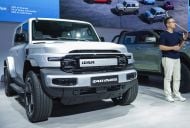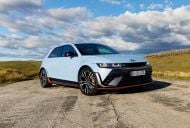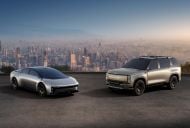BMW has committed to turning its South Carolina production plant into an EV manufacturing hub.
It was revealed only days ago the BMW Group will move production of the EV range of Mini Coopers to China and Germany as its facilities in Oxford are “not geared up for electric vehicles.”
However, the Group is taking a different approach across the pond in the USA, where it will invest US$1.7 billion (A$2.7b) in building at least six EV models by 2030 in Spartanburg, South Carolina.
It has also confirmed it will build a new battery assembly facility nearby as part of the plan. The Group has announced a partnership with Envision AESC, which will build a South Carolina plant to exclusively provide BMW with bespoke round lithium-ion cells.
BMW and Envision claim the next-generation batteries will be 20 per cent more energy dense, charge 30 per cent faster, and increase range by 30 per cent relative to current units, while the production of the batteries will create 60 per cent less CO2 emissions.
The factory will have a capacity of up to 30GWh, meaning it will be capable of producing batteries for around 300,000 electric cars per year.
The partnership with Envision follows an announcement from BMW earlier this year it will partner with Chinese battery suppliers CATL and EVE for cell production in China and Europe.
US$1 billion (A$1.6 billion) of the new infrastructure investment will be used to bring Plant Spartanburg up to standard for production of EVs.
The plant currently produces 11 vehicles, including the X5 and X7 sold in Australia. Just two of the cars it builds are plug-in hybrids currently; the remainder are pure internal-combustion models.
The remaining US$700 million (A$1.12 million) will be used for the construction of the battery assembly location in Woodruff, South Carolina.
BMW Chairman Oliver Zipse said the South Carolina plant will become the ‘Home of the Battery Electric Vehicle’, and a ‘major driver’ for BMW’s electrification plans globally.
These new investments will mean BMW can procure and assemble EV batteries, as well as manufacture the vehicles all within one state to reduce environmental impact.
US production of BMW EVs will also ensure vehicles are subject to a US$7500 (A$11,968) tax credit.
As part of the Inflation Reduction Act signed by US President Joe Biden in August, only EVs manufactured in the US are eligible for the credit.
The legislation also requires 40 per cent of critical battery minerals to be sourced from the US or free-trade partners by next year, and 80 per cent by 2027.
In remarks about this requirement reported by Reuters, Mr Zipse said the US “should have a regulation that is not completely unrealistic” and warned, “It would be a disaster if you stop industry from developing.”
The Biden Administration announced Wednesday it’s awarding US$2.8 billion in grants to boost US production of EV batteries and the minerals they use in a move to reduce the dependence on Chinese materials.
“China currently controls much of the critical mineral supply chain and the lack of mining, processing, and recycling capacity in the U.S. could hinder electric vehicle development and adoption, leaving the U.S. dependent on unreliable foreign supply chains,” the White House said.





